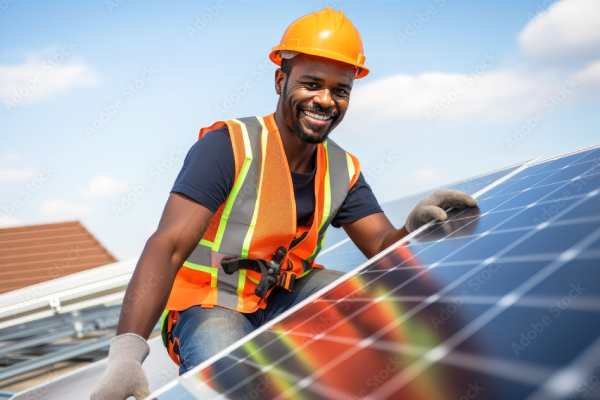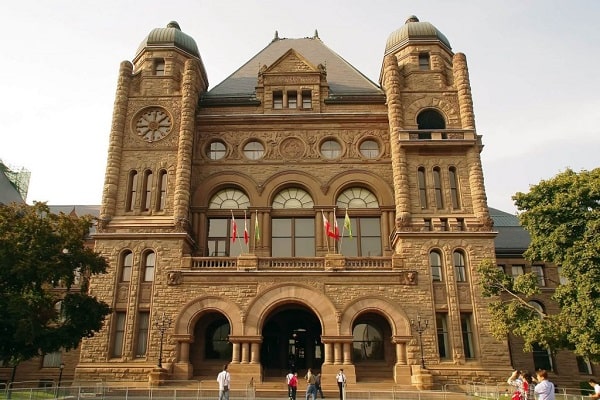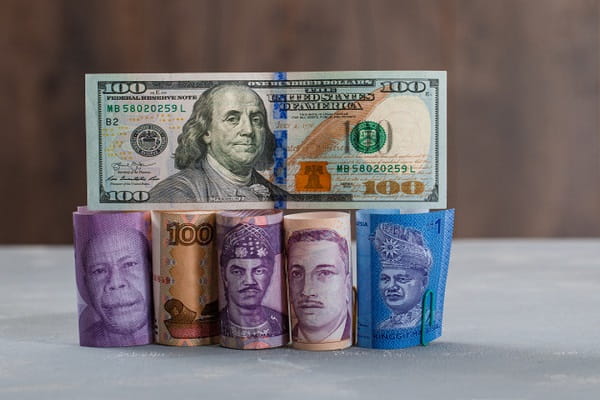Cost of Solar Panel and Inverter Installation In Nigeria [2024]
The cost of Solar Panel and Inverter Installation in Nigeria for the year is discussed in this section. Since so many people are turning toward solar power for its efficiency over the erratic power supply being transmitted by the various electricity distribution companies in the country still collectively known as NEPA or PHCN, it’s only natural to want to know how much it will cost to have this equipment installed in one’s house.
How Solar Panels Operate
Light is converted into direct current energy by photovoltaic cells in a solar panel (DC). A power inverter next transforms the DC electricity to alternating current (AC), which is either utilized, supplied into the grid, or stored in batteries.

What Exactly is Solar Electricity and How Does it work?
The conversion of solar energy into electricity is a way of power generating. To assist a process that transforms the sun’s light radiation into energy, solar panels are typically placed atop buildings or concentrated in solar farms.
Are Solar Panels Expensive to Buy?
However, solar electricity is growing more inexpensive every year, regardless of the number of panels or how/where they are put. Solar power is the most important future production technique in the transition to clean energy, and its relevance will only grow as economies of scale push costs down.
Installation Cost Of Solar Panels & Inverters in Nigeria
Individuals who have successfully installed solar panels and inverters in their homes or workplaces are often asked, “How much would it cost to install solar panels and inverters in Nigeria today?” Please continue reading if you are among the many individuals in our nation who are fascinated about this topic and want to know what the correct price is.
Inverter and deep cycle battery systems are the main components of a comprehensive solar power system. the battery you are opt-in for maybe a dry cell or a good cell battery. A wet cell or a dry cell battery will be described to you in detail at the time of purchase so that you know precisely what you are getting, its capacity, and how long it can last after a full charge before you commit your money to buy it.
There are several benefits to using solar power. It’s a renewable energy source, which makes it one of our cheapest forms of power. With solar energy, you don’t have to worry about carbon emissions connected with equipment fueled by fossil fuels that contaminate the environment and create irreparable damage to it.
Noise pollution is also not an issue, nor are the exorbitant electricity rates imposed by the numerous distribution firms in the nation for doing virtually nothing but transferring unreliable power throughout the year. Let’s get down to the business of the day.
How Much Does it Cost to Install Solar Panels in Nigeria?
Home and office solar energy/power systems in Nigeria now cost between N100,000 and N15,000,000, depending on the capacity you want to install. Solar power systems comprise solar panels, an inverter, and a battery, as we’ve already discussed. Please keep in mind that installation costs may include purchasing costs.
As costly as it appears at first glance, this is an investment that will pay you over the course of several decades. Solar power systems are owned outright, thus there is no ongoing monthly payment like there is with NEPA.
For the foreseeable future, all you need to do is sit back and enjoy your renewable energy. Envision yourself as your own electricity distribution business, with complete control over your own power consumption.
Why Choose Solar Energy To Power Your House/Office
In order to achieve a sustainable energy future, solar power is necessary. Daily, the sun emits more energy than humans require to power the entire planet. following are Why You should choose Solar Energy;
Renewable
Solar panels convert the sun’s energy into electricity.
Carbon Dioxide (CO₂) Free
Solar panels provide power without emitting any hazardous pollutants into the air.
Efficiencies in Operation
Fuel is not required for the photovoltaic process, which converts sunlight into energy, nor are there any variable expenses associated with it.
Solar Energy is Limitless
Unlike fossil fuels, the sun has more than enough energy to fulfill the world’s energy demands. Its sole constraint as a renewable energy source is our capacity to convert it into electricity in an efficient and cost-effective fashion.
Solar Energy is a Clean, Renewable Source of Electric Power.
Utilizing solar panels to generate energy does not result in the release of greenhouse gases into the environment. We’ll never run out of sunlight, which makes solar power electricity a critical component in the transition to renewable energy generation.
No Fuel to Burn
Solar panels have relatively low operating costs compared to other sources of power generation when they are installed. Solar power doesn’t require fuel, thus it can produce enormous amounts of energy without the uncertainty and price of obtaining a fuel supply.
Read Also: Top 30 Business Ideas For You [Most Profitable List]
CONCLUSION
Solar energy, in this example, has become increasingly popular in Nigeria as a result of technological advancements in renewable energy.
Rooftop solar panels are the most popular type of installation in the world today. Inverters and batteries are used to store the surplus solar energy produced during the day so that it is easily accessible for use at a later time, as we have already discussed in this article, Cost of Solar Panel and Inverter Installation in Nigeria for the year.
Installing a solar energy system is expensive, but the advantages greatly surpass the one-time investment. The more solar energy is used in the country, the more business the sector will get.







